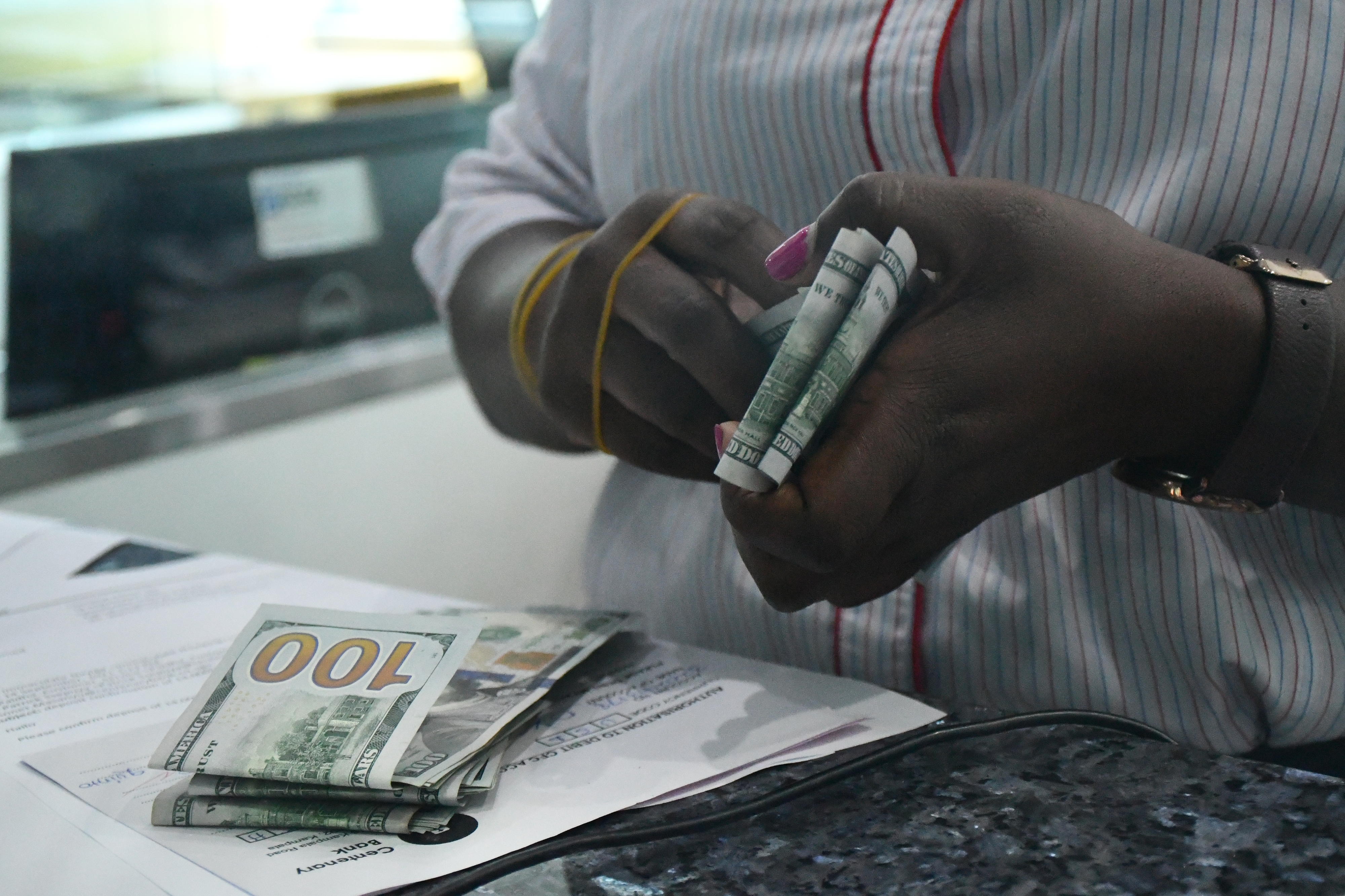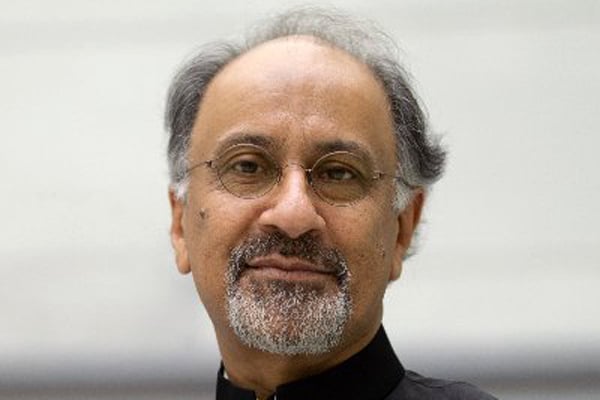Prime
Economy: World Bank warns of bleak future

Closed shops in downtown Kampala after President Museveni announced a lockdown due to Covid-19 in March 2020. PHOTO / FILE
What you need to know:
The international banking organisation pegs the uncertainties to pandemic shocks and the war in Ukraine, which it says are disrupting supply chains and productivity.
The World Bank has cautioned that although Uganda’s economy is expected to grow at six percent, there are a lot of uncertainties surrounding the same growth projection.
The international banking organisation pegged the uncertainties to pandemic shocks and the war in Ukraine, all of which are disrupting supply chains and productivity.
The World Bank says since the 2015 Systematic Country Diagnostic (SCD), some economic progress had been posted. It, however, hastens to add that gains in poverty reduction have, for instance, been corroded by the Covid-19 pandemic.
“Following the Covid-19 shock, there have already been widespread firm closures, permanent layoffs in industry and services, a rapid slowdown of activity, particularly in the urban informal sector, and a movement of labour back to farming,” the World Bank said.
The bank also noted that a dip in household incomes is of particular concern considering the high levels of vulnerability to poverty, limited social safety nets, the impact of this on human capital development and Uganda’s capacity to benefit from its demographic transition.
While presenting the 2021 SCD in Kampala on Thursday, Mr Richard Walker—the outgoing World Bank country economist—revealed that the Ugandan economy had started experiencing a reduction in the workforce employed in on-farm agriculture from 71 to 62 percent, a take-off in industrial production (largely in agro-processing), an expansion of the services sector, and a rapid increase in access to digital technology.
Mr Walker said the government can utilise the existing innovative solutions to address the underlying governance constraints, build strong coalitions focused on service delivery, and deliver results.
“This includes developing institutional capacity of local government, enhancing citizen engagement, and leveraging digital technologies for better service delivery,” he said.
Explaining how the Russia-Ukraine war has affected Uganda’s economic growth, Mr Walker revealed that this is especially in regard to the disruption in supply chains, trade, travel tourism and remittances.
Overall, the World Bank Group’s 2021 SCD update on Uganda proposes accelerating a sustainable and inclusive economic transformation to resume the path of inclusive growth and poverty reduction.
To achieve this, macro-fiscal stability; governance and service delivery; human development and women’s empowerment; green growth, sustainable urbanisation, and resilience; agricultural commercialisation and private sector competitiveness have been identified as priority areas for the next five years.
“It is imperative to invest in human capital so that the soon-to-be working age population will have the capacity, skills and health necessary to be fully productive and contribute strongly to Uganda’s development,” Ms Mukami Kariuki, World Bank Country manager for Uganda, said.
Mr Franklin Mutahakana, the senior operations officer portfolio-Uganda, revealed that the World Bank’s current commitment in Uganda is $4.8b (about Shs17 trillion).
“In terms of utilisation, 38 percent of this commitment has been disbursed, while 68 percent has not been disbursed,” he said.
Mr Mutahakana said the World Bank is currently financing 22 projects in Uganda and five in East Africa.




